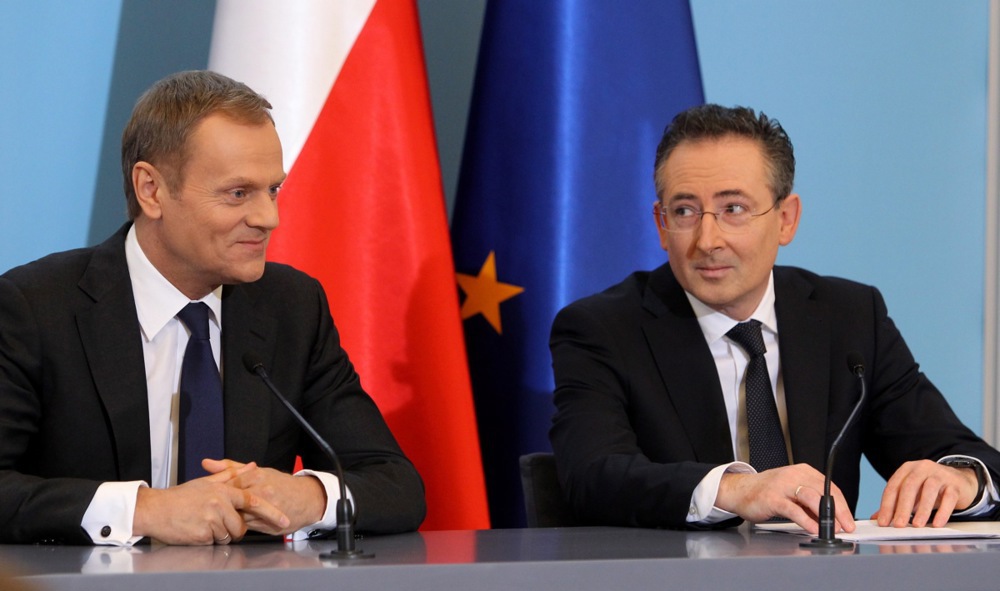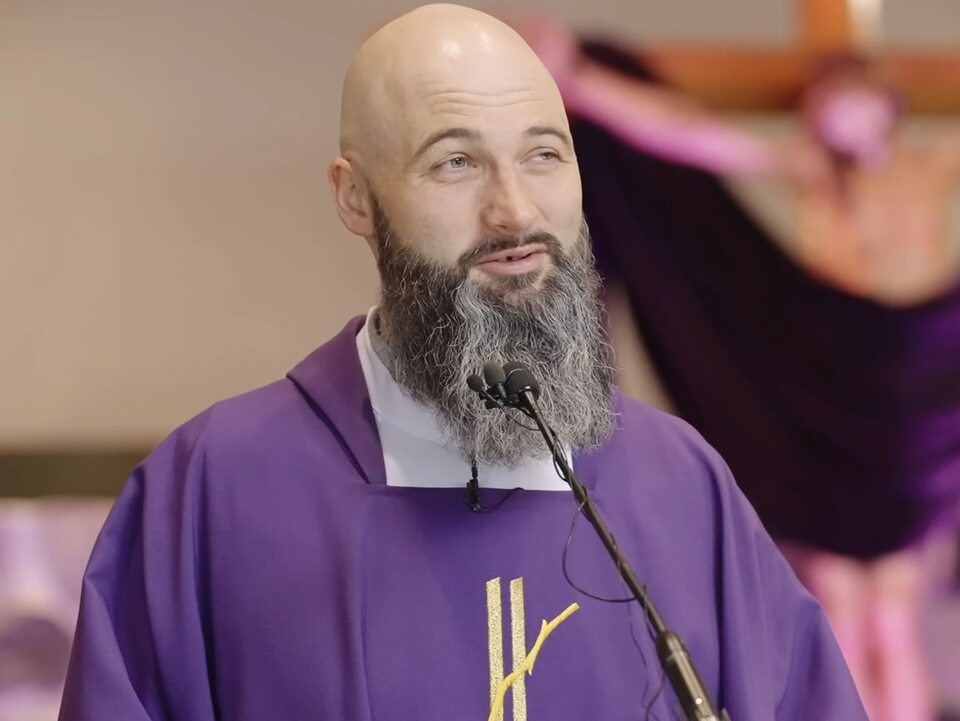Poland’s Catholic Church has appealed to parents not to allow their children to attend optional health education lessons that include sex education, due to be introduced to schools in September.
The Church’s governing body, the Episcopate, argued that the health education classes, which are to include sex education, would be “anti-family”, “gender destabilising” and have the potential for the “moral corruption of the young”.
According to government decisions on the school curriculum, health education is to be taught from the age of 11 upwards, replacing the previous, also optional, Education for Family Life classes.
The initial plan , which caused a storm of protest from both the Catholic Church and the Conservative opposition parties, was to make the classes compulsory. But the government compromised during the presidential election campaign and allowed parents to opt out.
In its promotion of the health education course, the government defines “health as a value that should be cared for in its physical, mental, sexual, social and environmental dimensions”.
The Episcopate has, though, issued an appeal to parents asking them not to allow their children to attend.
“You must not consent to the systematic moral corruption of your children, which is to be carried out under the pretext of so-called health education,” wrote the Episcopate in a letter posted on social media.
“Out of concern for their upbringing and salvation, we urge you not to allow your children to participate,” it added.
It stressed that, while “some media outlets” present the new subject as being focused on “the health of students”, its actual aim “is to completely change the perception of family and love”.
The Church said the subject leads to “sexual activity being separated from marriage and presented as liberation from all barriers, including age limits and responsibility for its consequences”, dependent only on “the criterion of informed consent”.
It also claimed that the new classes would “encourage children and young people to reject their femininity or masculinity” and for “girls to identify as boys and boys to identify as girls”, which the Church argued was in contravention of Poland’s Constitution.
“Polish law unequivocally recognises the existence of two genders: male and female. So-called health education being introduced in schools violates all such legal provisions and, in the long run, aims to transform Polish law into one that is anti-family and gender destabilising,” said the Episcopate.
The Ministry of Education has rejected the Church’s criticism, stating: “Children will be taught about the value of the family in a person’s personal life” and “ways of caring for family bonds”.
The education minister Barbara Nowacka was already at odds with the Church over the government’s decision to cut the number of hours of religious instruction in schools and for removing the subject from end-of-the-year grade averages.
The Church has argued that will discourage more children from attending the classes, which many already opt out of in favour of classes in ethics. It also claimed the way the decision was taken by the government was in contravention of the Concordat between the Vatican and the Polish State.
That Concordat is an international agreement that sets the framework for the functioning of the Church in Poland, giving it the right to teach Catholic catechism in schools and to issue marriage certificates on behalf of the State.
Any attempt for Poland to withdraw from the Concordat would require a decision by parliament with the need to reach a two-thirds qualified majority.
Nowacka, who is on the left of Donald Tusk’s Civic Coalition, has also drawn the ire of parents over a decision taken last year to scrap the setting of homework in primary education.
The main argument for abolishing homework and grades was that it meant schoolchildren would suffer less stress and have more time for developing their interests or playing after school.
Before the end of the school year in June, though, the education ministry announced that it would be conducting a thorough survey regarding the issue among parents and teachers.
The results of that are not yet complete but many teachers and parents have expressed their scepticism about the end of homework.
Teachers have argued that the ban has limited their autonomy and parents felt that the reform has made it difficult for them to track the progress of their children, since exercise book and textbooks are now kept at school and not taken home.





